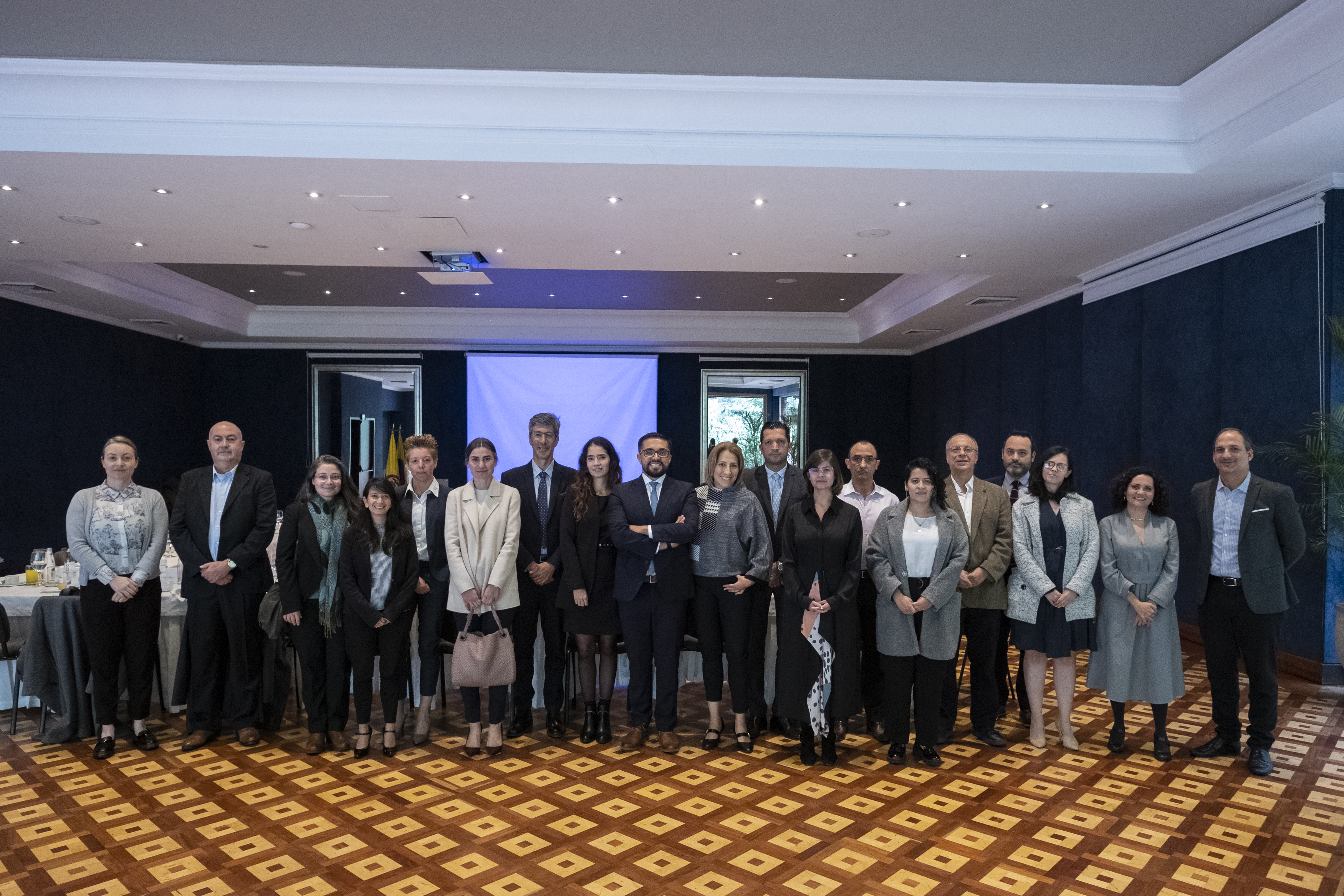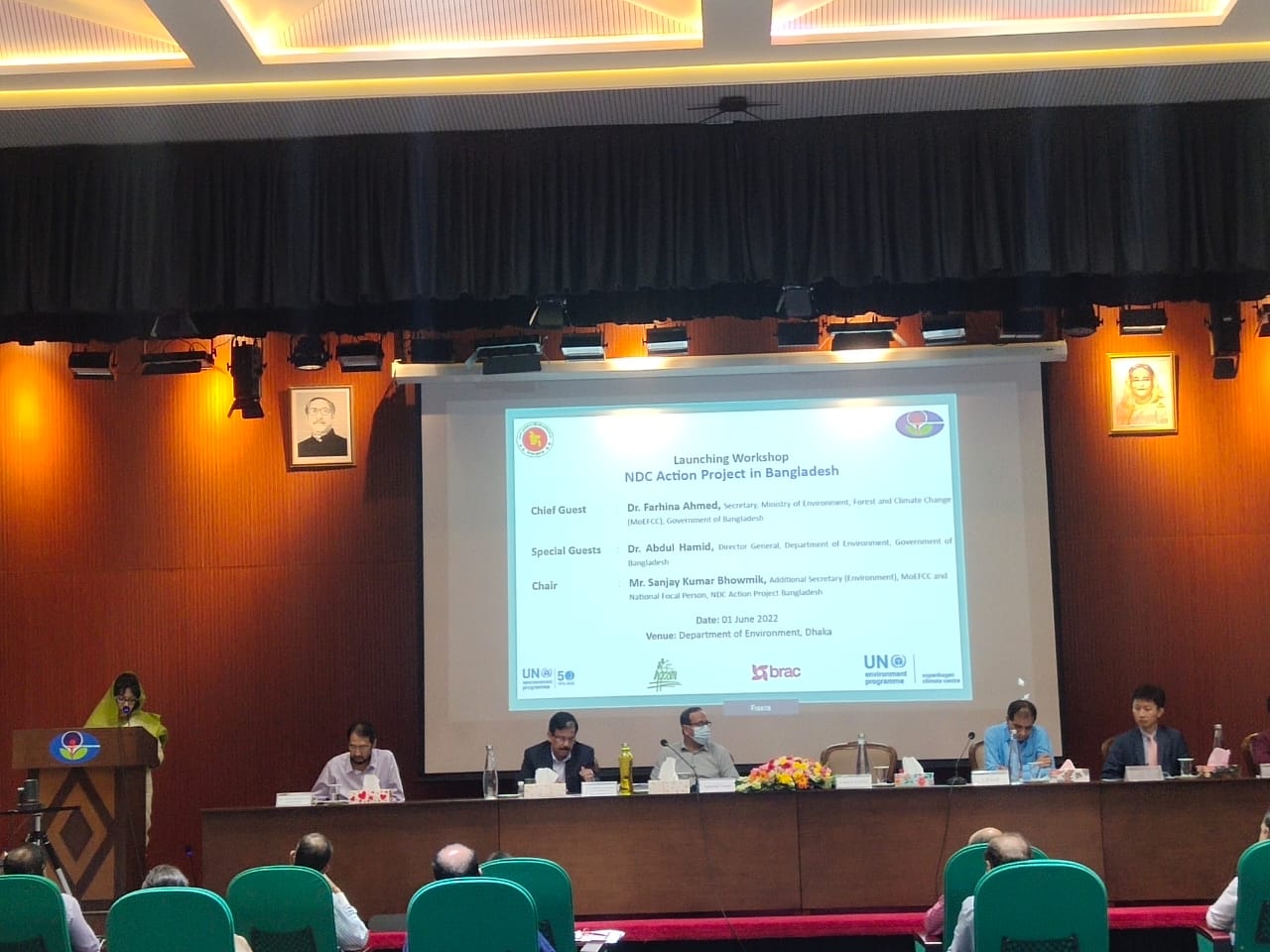The Government and private sector in Colombia now have a better idea of how the country’s Nationally Determined Contribution (NDCs) to the Paris Agreement can be financed.
A new roadmap, outlining ways to finance the urgently needed climate action was presented this month. It was developed with direct support from the NDC Action project, managed by the UNEP Copenhagen Climate Centre.
The roadmap was presented at a high-level event held in Bogota on 16 June, hosted by leading Colombian thinktank Fedesarollo and attended by the deputy Environment Minister Nicolas Galarza and approx. 30 key stakeholders.
The event highlighted the main challenges of financing Colombia’s NDC and built a joint vision on how sector-specific NDC priorities, featured in the roadmap, can be taken forward for national and international financing, including the crucial question of how to leverage private capital to finance radical technological change.
The latest NDC Action result in Colombia
The institutional roadmap to advance the financing of the NDC is the latest result of NDC Action work in Colombia. It was designed with technical support from Fedesarrollo, and also includes the creation of financial mechanisms to two strategic sectors: energy efficiency in industry and Agriculture, Forestry and Other Land Use (AFOLU).
The NDC Action project has been working with Colombia since 2020, where the project provides technical support to the Climate Change and Risk Management Directorate of the Ministry of the Environment during the coordination and articulation of the update of the NDC at the intersectoral level.
In 2021, the project supported the development of the NDC Implementation Plan, serving as a coordination and articulation platform for different government institutions and allies involved in the NDC commitments.
The way forward
At the event both government representatives and stakeholders from the private sector discussed finance and priorities for climate action, based on the new roadmap.
Looking at the need to adapt to climate change to avoid the most extreme effects, the Colombian government pointed to the need for clearer definitions of criteria for Nature-Based Solutions, harmonization and implementation of policies and programs for adaptation and creating a framework for adaptation financing.
As the challenge of climate change grows, the private sector is a crucial partner both in terms of financing and implementation. At the event, private sector stakeholders highlighted the need to bring supply and demand closer in terms of financing and how blended finance funds can reduce private sector investment risks.
The participants also pointed to the need for easier access to funds and for scaling programs that promote the low-carbon energy transition and best practices in the AFOLU sector.



